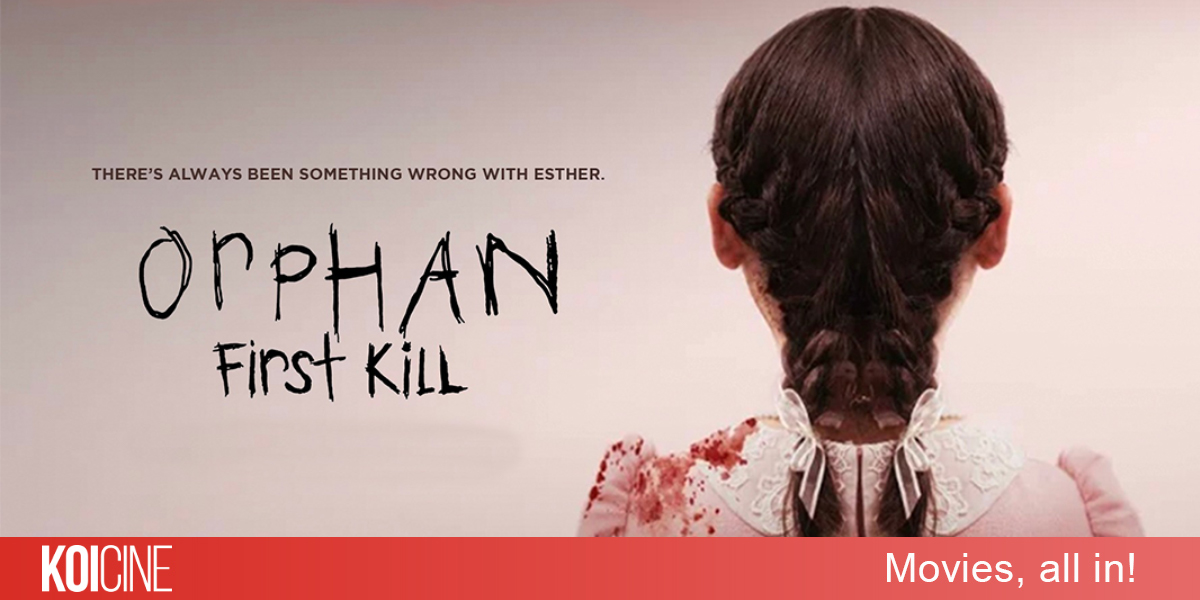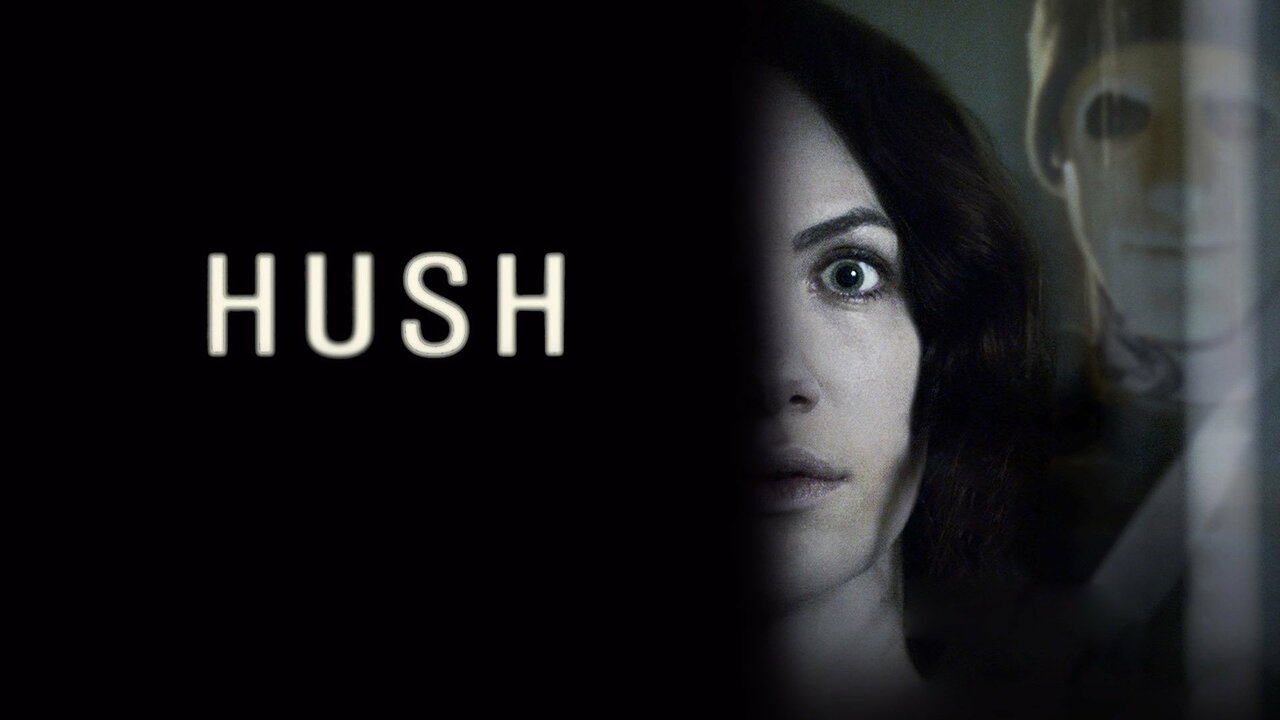The wind still spoke in the voices of the plains, though fewer now could understand it. John Dunbar—Dances with Wolves—had been gone for many winters, a shadow carried eastward by promises of peace that never came. Time had silvered his hair and scarred his back, but not his memory. He remembered the warmth of firelight in Lakota camps, the laughter of children running barefoot through the grass, and the steady wisdom in Kicking Bird’s eyes. When word reached him that the railroad now carved through the sacred hunting grounds, he knew the land was calling him back—not for war, but for witness.

The journey west was not the same. Gone were the endless herds of buffalo. Gone, too, were many of the people he once called family. But some things remained: the horizon, wide and untamed, and the song of the earth, pulsing just beneath the soil. He found Wind in His Hair still alive, older and proud, his gaze sharp as flint. They embraced not as men long separated, but as brothers who had never truly left each other. “The white man still takes,” Wind in His Hair said. “But now, he forgets he ever stole.” And Dunbar understood. This return was not nostalgia. It was necessity.
The Lakota faced a new enemy now—not soldiers, but silence. Reservations had caged language, ritual, and memory. Their stories were dying in their children’s throats. Dunbar rode again not with a rifle, but with a voice. He spoke to those who would listen, told the world what he had seen, what he had lived. He taught the Lakota tongue to young ones in secret, danced again under stars with aching knees, and stood between surveyors and sacred ground more than once. Some called him foolish. Others called him traitor. But the people still called him Dances with Wolves—and that was enough.

When the snows came, and the fire crackled low, he sat beside Stands With A Fist, her hand in his, both worn by the wind and the weight of years. “We can’t stop the world,” she whispered. “No,” he said, “but we can remind it we were here.” Outside the lodge, a boy practiced with a carved wooden lance, his laughter rising into the dusk. The world had changed, but the plains still breathed. And as long as someone remembered how to listen, there was still hope in the grass, in the hoofbeat, in the howl of the wolf beneath a rising moon.



-1751352278-q80.webp)